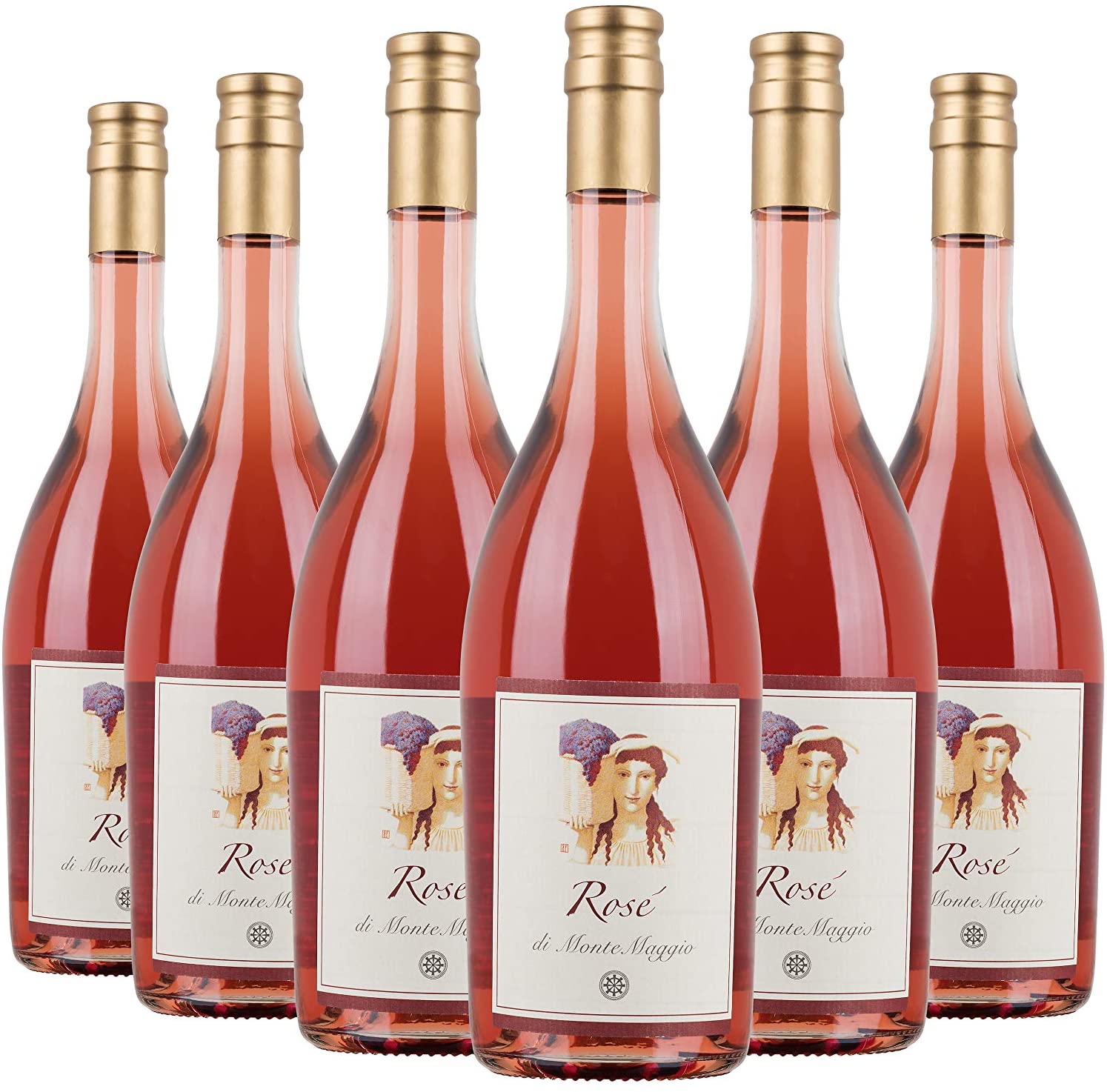Organic Wines: How to Choose the Best
When it comes to wine, most people think about grapes. But what about the soil that the grapes grow in? And the water used to irrigate them? In recent years, organic chianti wine (vino chianti biologico) has been gaining popularity as more and more people are becoming interested in their food and drinks. This blog post will discuss what organic wines are, how to choose the best ones and some of the benefits of drinking them.
Choose Wisely
If you’re looking for a healthier option for wine, organic wines may be the answer. But with so many brands and varieties on the market, how do you choose the best one? The first step is to understand what organic wines are.
Organic wines are made from grapes that were grown sans any maul, pesticides, or mulch. In other words, the vineyards where the grapes were grown followed organic farming practices. This may result in a wine with a different flavor profile than conventionally-farmed wines.
When shopping for organic wines, you’ll want to look for the USDA Organic label. This certification means that the wine has been made from grapes grown according to USDA organic standards.
If you’re looking for a healthier option for wine, organic wines may be the answer. But with so many brands and varieties on the market, how do you choose the best one? The first step is to understand what organic wines are.
What to look for when choosing an organic wine:
-The winery’s certification. The most reputable certifications are USDA Organic and Biodynamic. However, some smaller wineries may not have these certifications but still produce organic wines.
-The grape variety. Some grape varieties are more delicate than others and thus less likely to be affected by pests or diseases.
-The region where the grapes were grown. Certain wine regions have a reputation for producing high-quality organic wines due to their climate and soil conditions.
Last Words
When choosing an organic wine, it’s important to consider the winery’s certification, grape variety, and region where the grapes were grown. You’ll also want to think about the winemaker’s approach to organic viticulture and how the wine was made.

